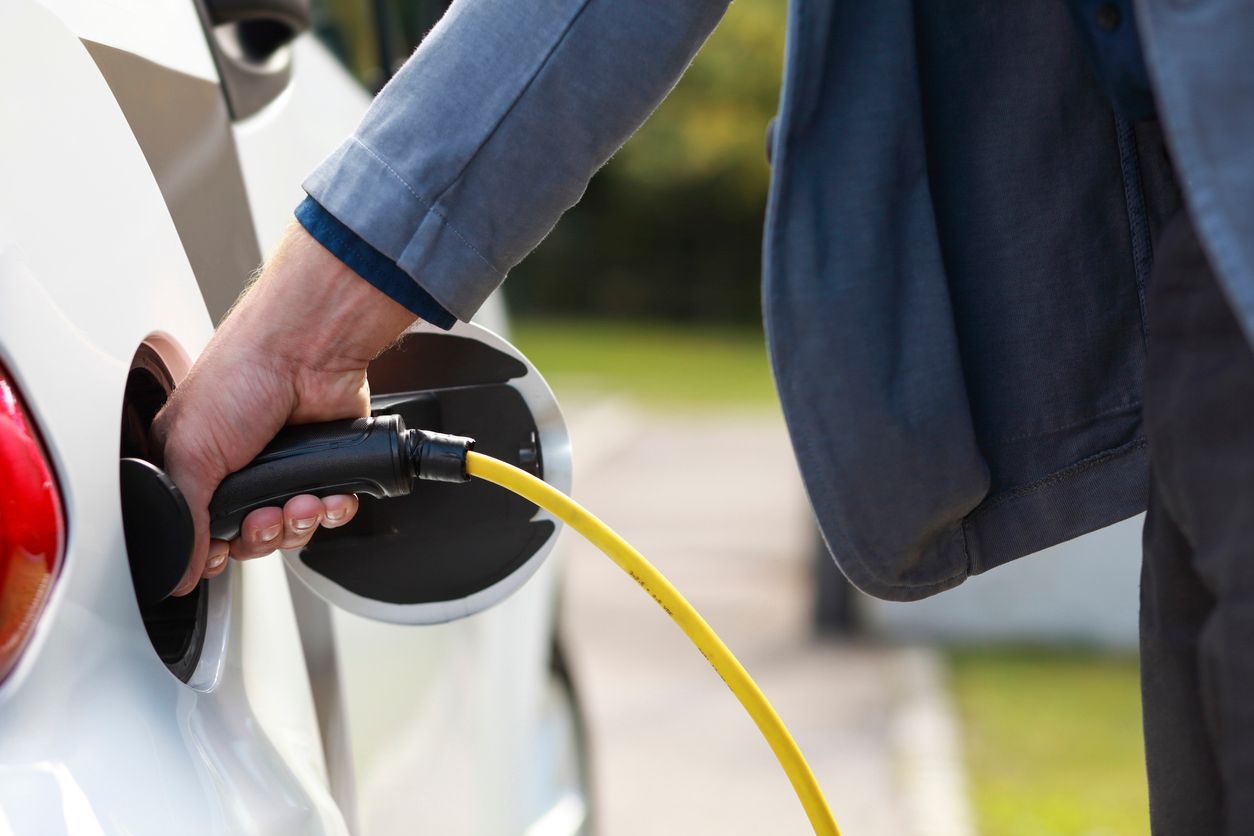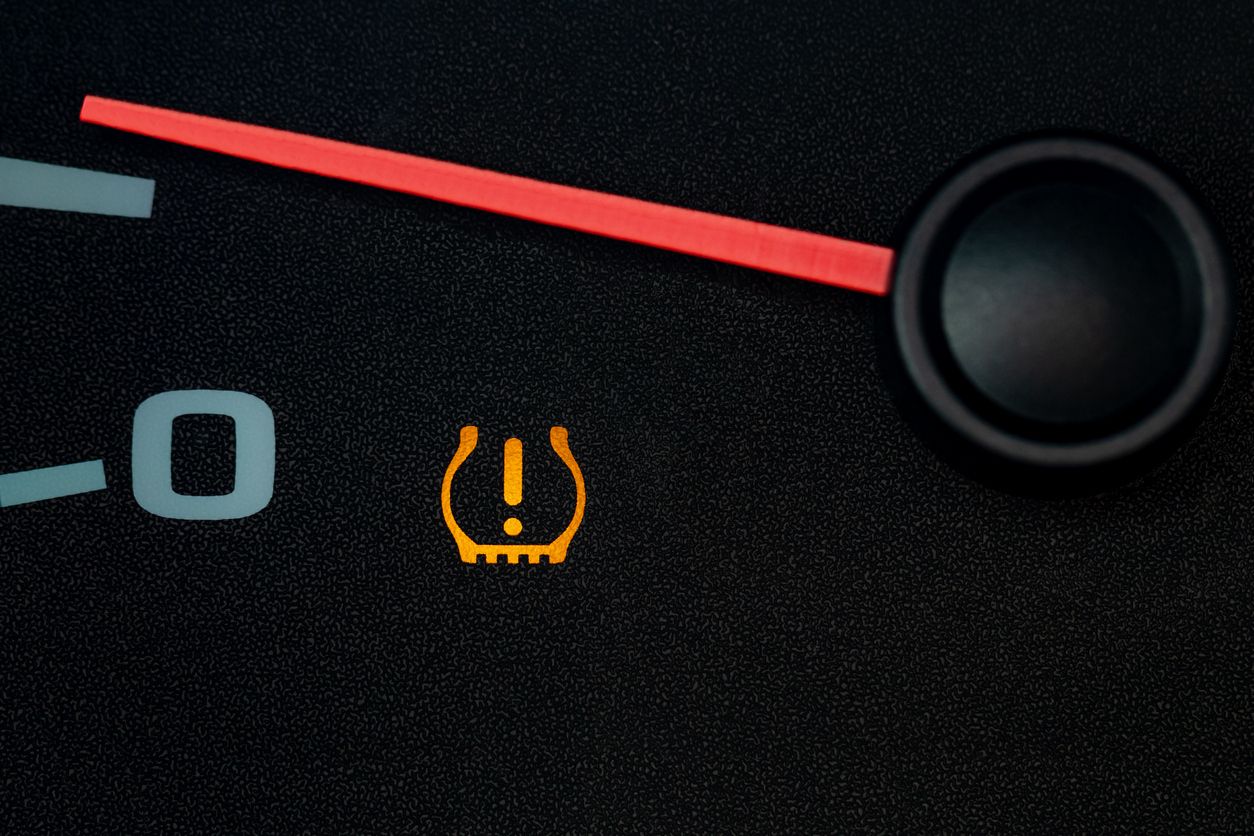Cars have come a long way since the first automobile patent was issued in 1886. Now, there are tons of options, features, and powertrain technologies to choose from. Toward the top of the list are all-electric, hybrid, and standard gas vehicles. But what’s the difference, and which one is right for you? In this guide, we discuss these different powertrain technologies.
How Do Fully Electric Cars Work?
All-electric vehicles (EVs) come equipped with a high voltage battery pack instead of a gas tank and an electric motor (1 or more) rather than an internal combustion engine, the U.S. Environmental Protection Agency (EPA) explains. About 1.8 million EVs were on U.S. roads in 2020. (International Energy Agency).
How Do Hybrid Vehicles Work?
There are two main types of hybrid vehicles: regular hybrid and plug-in hybrid. These hybrid vehicle types use gas (typically) and electricity. They come equipped with a high voltage battery, an electric motor, a gas tank, and an internal combustion engine. As of 2019, nearly 5.4 million hybrid vehicles were sold in the U.S. (USA Facts).
How Do Standard Gas Vehicles Work?
Standard gas vehicles typically use spark-ignited internal combustion engines. Some might be powered solely by diesel fuel or natural gas, rather than gasoline. According to the New York Times, the vast majority of the roughly 250 million passenger vehicles in the U.S. run on fuel.
What is the Difference Between Electric Cars and Hybrid Cars?
The key difference between all-electric and hybrid vehicles is in how they’re powered. All-electric vehicles rely only on electricity, while hybrid vehicles often rely on a combination of electricity and fuel. That’s not the only difference, though. EVs do not generate tailpipe emissions (some exceptions exist), while hybrid vehicles do generate tailpipe emissions when their fuel is being combusted.
Furthermore, the driving range for an EV is typically shorter than the driving range for a hybrid. That’s because an EV’s battery capacity is currently somewhat limited. According to the Department of Energy, a regular hybrid can’t be plugged in to charge the battery. Rather, the battery is charged through regenerative braking and by the internal combustion engine. Meanwhile, a plug-in hybrid electric vehicle (known as a PHEV) additionally allows recharging via a power cord.
Pros and Cons of EVs, Hybrids, and PHEVs
As with any type of car, these different powertrain technologies come with their own set of advantages and potential disadvantages. Learn more about the pros and cons of hybrid vehicles, EVs, and PHEVs below.
Pros and Cons of EVs
Pros:
- Smooth, quiet acceleration
- Electricity costs less per mile than gasoline
- No need to fill up a gas tank (some exceptions exist)
Cons:
- Limited driving range
- More expensive than comparable hybrid or gas vehicles
- Constant searches for charging stations
- Installation of a home charging station might be needed
Pros and Cons of Hybrid Cars
Pros:
- No need for plug-in charging
- Less worry about driving range thanks to the gas-powered motor
- Less pricey than an EV
Cons:
- Less energy-efficient than EV
- Less smooth and quiet than EV
- Oil changes and engine maintenance required
Pros and Cons of PHEVs
Pros:
- Can work like an EV during everyday commutes
- Gas engine enables easier road trips
- Can keep going after electricity runs out
Cons:
- More expensive than a regular hybrid
- Can’t always avoid using gas
- May require plug-in charging as well
Gas vs. Electric and Hybrid Vehicles
When you compare gas, electric, and hybrid vehicles, they also deliver their own pros and cons. These include:
- EVs and hybrids get better gas mileage than standard gas vehicles
- EVs and hybrids produce fewer harmful emissions than gas vehicles
- EVs and hybrids tend to retain their value better than gas vehicles
- Gas vehicles currently cost less than similar EVs and hybrids
- Gas and hybrid vehicles may offer lower maintenance costs than EVs
Firestone Complete Auto Care goes above and beyond to provide the best service possible for your vehicle — hybrid, EV, or otherwise. Schedule your maintenance appointment online, and see how our expert technicians get the job done right — the first time!



